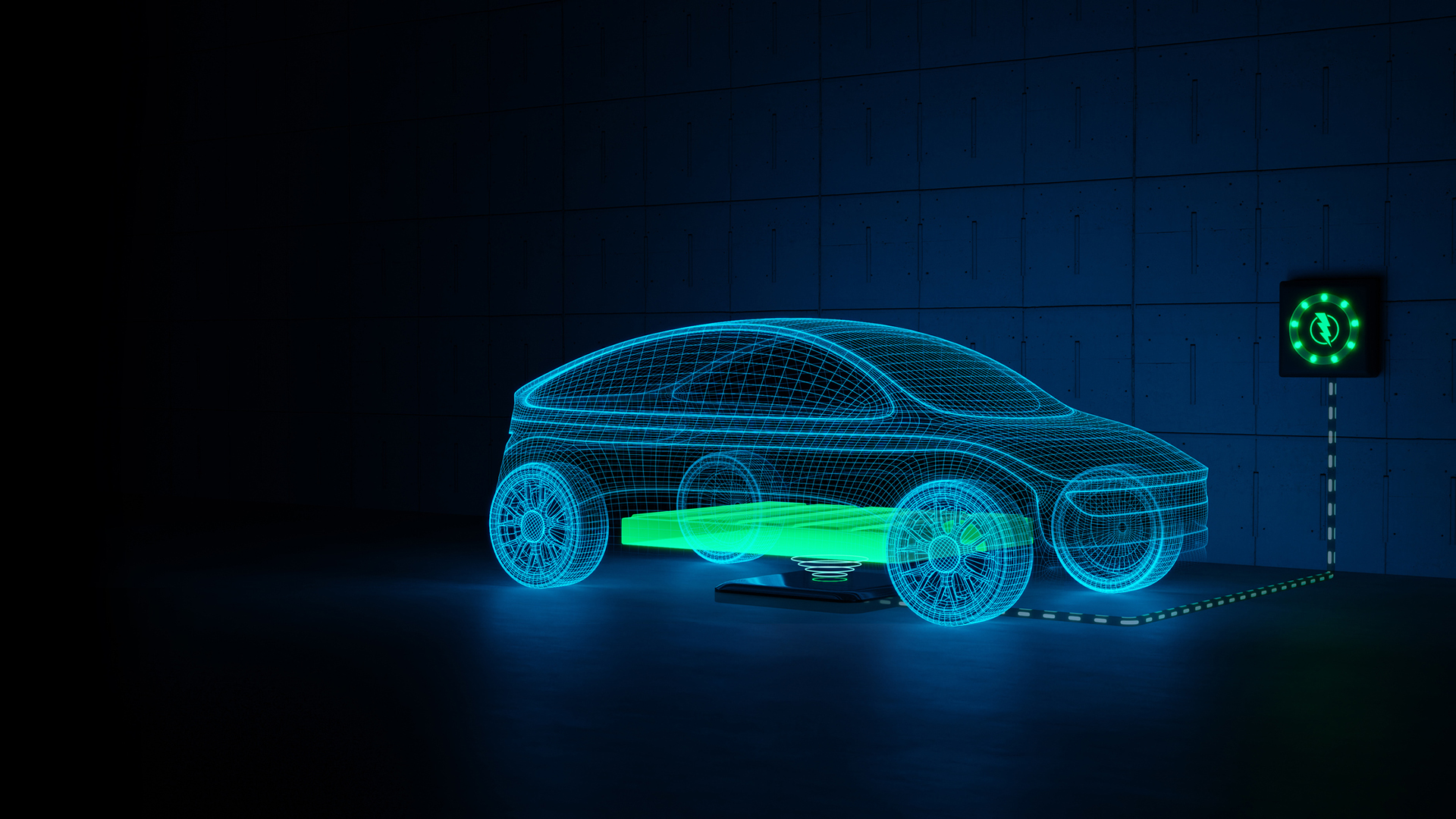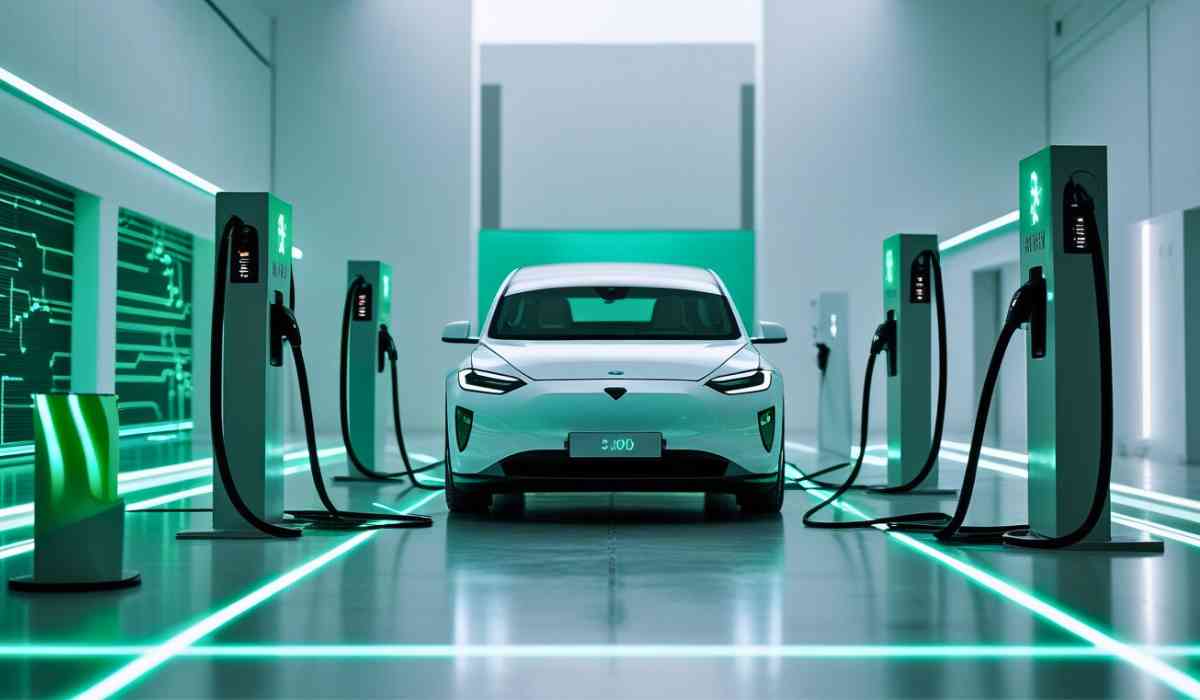As we move deeper into 2025, electric vehicles (EVs) are rapidly evolving, driven by groundbreaking innovations that address consumer concerns and push the boundaries of automotive technology. Here’s a look at the latest advancements shaping the future of electric mobility and why they are poised to take over the roads this year.
Key Technology Trends in Electric Vehicles for 2025
1. Ultra-High Range and Advanced Battery Technology

By 2025, many electric cars will boast ranges exceeding 500 miles (800 km) on a single charge, rivaling traditional gasoline-powered vehicles. This leap is powered by advancements in battery chemistry, such as solid-state batteries, which offer higher energy density and improved safety. These batteries allow for longer distances without increasing vehicle weight, making EVs practical for both city commutes and long road trips.
2. Ultra-Fast Charging Networks

Range anxiety is fading as ultra-fast charging stations become more widespread. New chargers deliver over 400 kW of power, enabling some vehicles to recharge to 80% in under 20 minutes. The adoption of 800V battery systems, as seen in models like the BMW iX3, further accelerates charging times, making EV ownership more convenient than ever.
3. Smart Charging and Bidirectional Power

Smart charging solutions are set to become standard, optimizing energy use and reducing costs. Bidirectional charging technology allows EVs to not only draw power from the grid but also supply it back, turning vehicles into mobile energy storage units. This supports grid stability and enables features like Vehicle-to-Grid (V2G) and Vehicle-to-Home (V2H), enhancing the role of EVs in modern energy ecosystems.
4. Advanced Driver Assistance Systems (ADAS) and Autonomous Driving

EVs in 2025 are increasingly equipped with sophisticated ADAS, including adaptive cruise control, lane-keeping assistance, and automated emergency braking. AI-powered systems enable semi-autonomous driving, with features like automated highway driving and advanced object detection for safer, more convenient travel.
5. Enhanced Connectivity and Software-Defined Vehicles

Connectivity is transforming EVs into digital ecosystems. Over-the-air (OTA) software updates allow manufacturers to add features and fix issues remotely, while smartphone integration and connected services streamline navigation, charging, and vehicle management. 5G technology further enhances real-time communication between vehicles, infrastructure, and smart city systems, improving traffic management and user experience.
6. Wireless Charging and Innovative Infrastructure

Wireless charging technology is advancing rapidly, with systems designed to charge EVs automatically when parked or even at traffic lights. This innovation promises to make charging more seamless and user-friendly, reducing reliance on physical cables and simplifying the charging process.
Why These Technologies Will Dominate in 2025
-
Greater Affordability and Choice: Increased competition among automakers is driving down prices and expanding model options, making EVs accessible to a broader audience.
-
Expanding Charging Infrastructure: Governments and private companies are investing heavily in charging networks, addressing one of the biggest barriers to EV adoption.
-
Sustainability and Government Support: Strong incentives and policies promoting carbon reduction are accelerating the shift to electric mobility.
-
Consumer Demand for Innovation: Buyers are drawn to the convenience, performance, and environmental benefits offered by the latest EV technologies.
Final Note
The latest technology in electric vehicles—ranging from ultra-high range batteries and ultra-fast charging to smart connectivity and autonomous features—is set to dominate the roads in 2025. These innovations are not only making EVs more practical and appealing but are also driving a global transformation toward sustainable and intelligent transportation. As charging infrastructure expands and prices become more competitive, electric vehicles are poised to become the new standard for mobility.
With inputs from agencies
Image Source: Multiple agencies
©️ Copyright 2025. All Rights Reserved. Powered by Vygr Media.
























